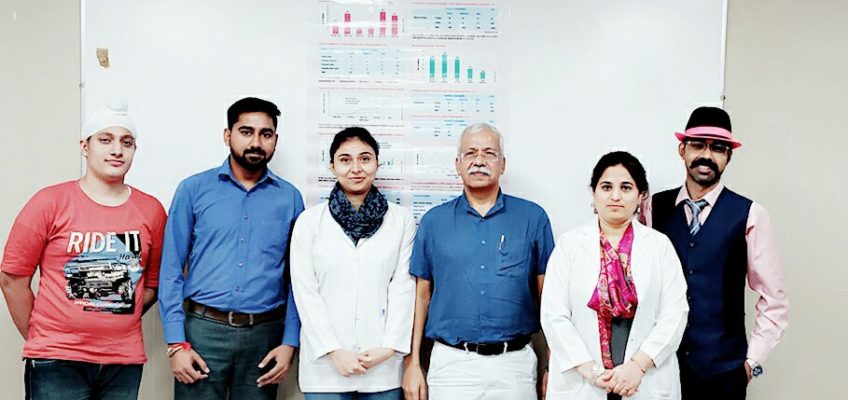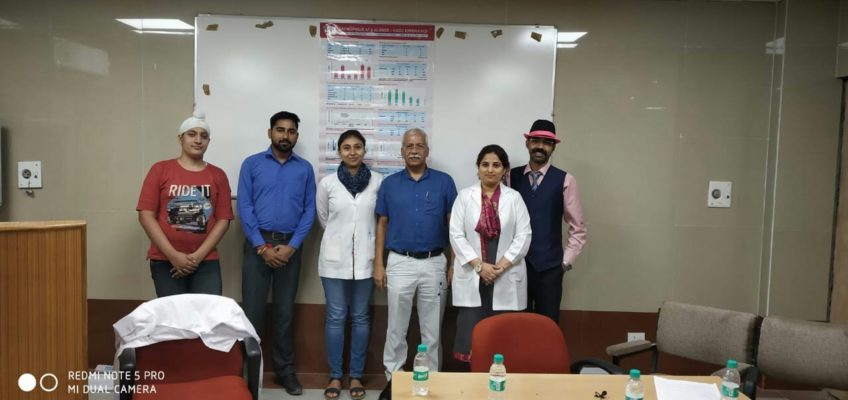Greetings!
The FaceBook Live on World Mental Health Day was a huge success at the Haemophilia Centre at MAMC and LNH, with the mental health addressed by the Clinical Psychologist Ms. Farha Rajput, the Haemophilia Social Worker Ms. Shikha Rawat, along with Professor Naresh Gupta.
The 90 minutes of video recording are available on our Facebook HAEMOPHILIA CENTRE MAMC & LNH, as also on YouTube.
CLICK on the FaceBook link in right upper corner of this screen to watch…
else,
As part of our initiative to create Social Awareness about psychological Challenges faced by Persons With Hemophilia and their Care Givers .
The combination of Rare Disorders with ensuing psychological and mental health issues is a complex medico-social problem with great toll & stress on the family, and tends to make the affected individual helpless.
With the usual definition of Rare Disorders with prevalence of 1:2,000 or fewer, the numbers are still high going unto 6,000 to 8,000 disorders. Amongst the Rare Blood disorders, Haemophilia stands out as n important one. This is a clotting disorder resulting from genetic mutations in X-chromosome. Incidentally, a large number of rare disorders have genetic defect as the underlying pathology, the acquired ones are rare. Also, the prevalence of a given disorder may get it classified as Rare or Not rare based on different prevalence rates in different geographical locations.
The mental health problems, on the other hand, are not uncommon, with conservative estimates of 2.4- 5% or higher of population affected. These, like the rare disorders, have been hitherto neglected by the community doctors. Also because their diagnostics are difficult and treatment expensive.
The combination of rare and Mental health issues in an individual poses even more complex scenario, where the usual respect & dignity take a beating and there is inadequate availability & access to diagnostics and treatment. The nature of their problems go beyond the usual realms of clinical medicine.
Thanks to the initiatives of different stakeholders, the State has often intervened to restore dignity, confidence, meaningful social participation, affirmative actions combined with penalty on their neglect, convergence of many non-medical departments such as social, disability, employment, labour, legal, environmental, information technology for support will go a long way in bringing them into the mainstream. The recent acts like the Mental health care Act 2017, Rights of Persons with Disabilities 2016 (followed by Regulations on assessing the disabilities from haemophilia) have laid down a strong framework.
We, in our Haemophilia Centre, HDCC in Maulana Azad Medical College and Lok Nayak Hospital have taken up mental and psychological issues in the haemophilia community, and interventions to empower them. There are three clinical research studies going on in this domain of clinical psychology. This was after providing them with medical treatment with anti-haemophilia therapy supported by active physiotherapy and Social supports. The benefits during past one decade at our Haemophilia Centre are frequently voiced by the haemophilia community with great satisfaction and pride.
Best Wishes!
Prof. Naresh Gupta

